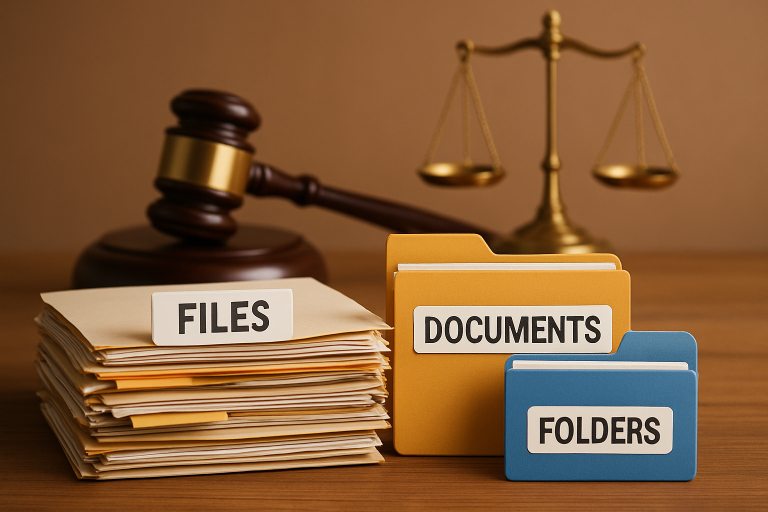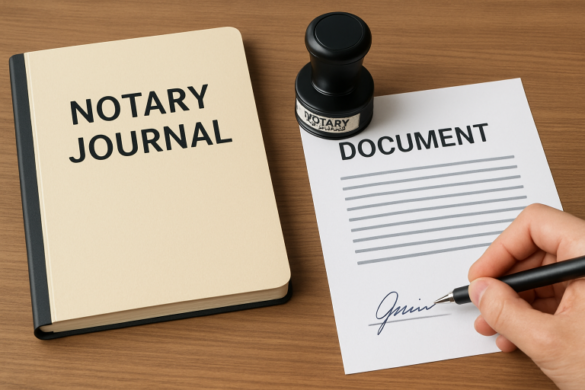Importance of Thorough Documentation
In today’s legal landscape, reliable documentation forms the foundation for both building and defending a legal case. Detailed records not only clarify the timeline and details of events but also provide critical proof to support or refute claims. For law firms like Alpiza Law, thorough documentation ensures that clients’ interests are more effectively represented and protected throughout the legal process.
Documentation is vital across all legal areas—from personal injury and business law to medical malpractice and employment disputes. Organized records help attorneys build strong cases for negotiations, courtrooms, or regulatory reviews. Recording decisions, communications, and transactions ensures transparency, provides an audit trail, and supports case strategy. It also prevents misunderstandings and disputes caused by uncertainty or lack of evidence. Additionally, documentation promotes accountability, allowing lawyers and clients to track advice, instructions, and reasoning, ensuring confidence and preserving facts for future reference.
Legal Implications of Inadequate Documentation
The absence or insufficiency of documentation can significantly compromise legal outcomes. In the medical field, the American Medical Association highlights that incomplete records in malpractice defense often result in lost cases, as the care provider cannot prove adherence to proper standards. In business disputes, failure to maintain records of contracts, corporate decisions, or financial transactions can weaken a party’s position, regardless of the actual facts.
Courts and regulatory bodies increasingly expect organizations and individuals to produce detailed, timely, and accurate records. Poor documentation may be interpreted as carelessness or attempts to conceal unfavorable facts, both of which can lead to negative inferences and judgments. In civil litigation, the burden often falls on the party seeking relief to demonstrate a preponderance of evidence, making documentation an essential tool for satisfying that burden.

Role of Documentation in Litigation
The courtroom is an arena where documentation can tip the scales. Judges and juries are routinely tasked with assessing the credibility of witnesses and the reliability of evidence. Documents—whether medical charts, business emails, or written agreements—serve as objective proof that can corroborate a party’s narrative.
Strong documentation demonstrates diligence and professionalism, often enhancing an attorney’s credibility before the bench. Timely and comprehensive records facilitate clearer timelines, support expert witnesses, and provide a solid basis for legal arguments. Conversely, litigation opponents may exploit gaps or inconsistencies in documentation to undermine a claim or defense.
Key Steps for Using Documentation Effectively in Litigation
- Collect and organize all relevant records early in the case.
- Review each document for accuracy and completeness.
- Annotate important documents to highlight supporting evidence.
- Prepare to explain and authenticate each document in court, ensuring admissibility.
Best Practices for Effective Documentation
Effective documentation is built on consistency, detail, promptness, and security. Legal professionals should adhere to standardized formats, thoroughly describe every notable event, and never delay in recording information—memories fade, but records remain. Secure storage, with controls to prevent unauthorized access or alteration, preserves the integrity of these records.
- Consistency: Use uniform methods and formats across all case files to avoid confusion.
- Detail: Record as much relevant information as possible to create a complete and credible narrative.
- Timeliness: Capture information at the time of the event to ensure accuracy.
- Security: Safeguard documents with encryption, access controls, and regular backups to prevent breaches or loss.
Legal practitioners can consult detailed guides on the American Bar Association site for developing robust documentation policies tailored to their field.
Technological Advancements in Legal Documentation
The digital transformation of the legal industry has revolutionized the management, security, and utilization of documentation. Artificial Intelligence (AI) tools now automate document drafting, discovery, and review, enabling attorneys to quickly sift through massive amounts of data. Cloud-based platforms have made remote collaboration and secure document sharing more accessible than ever.
Technology also supports advanced search features, version control, and audit trails, ensuring that every modification to a document is tracked. As legal professionals adapt to innovations, they become better equipped to handle complex and data-heavy litigation efficiently, minimizing human error while reducing time and costs.
Conclusion
Comprehensive documentation is a cornerstone of success in legal matters, enabling attorneys to substantiate arguments, defend client interests, and facilitate just outcomes. By committing to best practices and employing technology, legal professionals protect themselves and their clients from unnecessary risk. Thorough and reliable documentation not only upholds the integrity of the legal process but often determines which side prevails when facts are in dispute.









